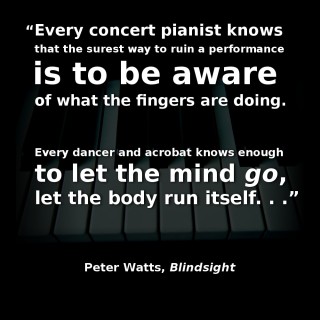Film school touts many benefits for those willing to enroll and pay to work instead of work for pay. Learn how to make films and tell stories is one of the supposed benefits, along with access to equipment and a respected credential, not to mention the great people you’ll meet along the way.
When it comes to graduate film school, unless you know you want to teach and get that terminal degree, there’s only one benefit that could possibly be worth the cost of attendance: the Network. The people you meet, work with, and establish a rapport with are your keys to the industry. The degree means next to nothing if your work doesn’t speak for itself—in fact, there’s a decent chance the degree will work against you, showing that you’re overqualified for the entry level positions you need in order to get your foot in the door of the industry. Chances are you’ll still have to start as a PA anyway, whether you’re fresh out of graduate film school, undergraduate film school, or an accomplished filmmaker with a high school degree.
The equipment is something you can get yourself. The money you pour into film school could have got you tens of thousands of dollars worth of equipment. That said, forget equipment! No one needs fancy gear to make good movies. You need to be able to tell stories, and that’s something you learn from reading, writing, watching movies, and paying attention in general, whether you’re in film school or not.
Film school is for those who have money and want a structure that will keep them focused on (somebody else’s version of) their craft. You could save thousands by being unemployed and just focusing on your craft without being attached to any one school, but your resume might take a hit when there’s gaps without an official employer or school attendance. The best route for anyone who wants to get into the industry is to just start working in the industry. Work your way up. Skip the schooling. You’ll make connections like you would in film school, and have to fund yourself like in film school, but you’ll probably spend less and have a better chance at getting paid sooner. And before long, your film school peers will be coming to you looking for work.
Make no mistake, I highly respect the work and devotion to craft I see in my film school peers. These people are passionate about film and highly talented. I think they’d be better off blessing the industry with their abilities rather than hanging around, paying tens of thousands of dollars, for a behind-walls education in the hands-on blue-collar people-centered industry of film.


